Currently, intermittent fasting is receiving strong attention from everyone. So what is the truth about this method? And how is it applied? Let's find out with Soumaki below.
What is intermittent fasting?
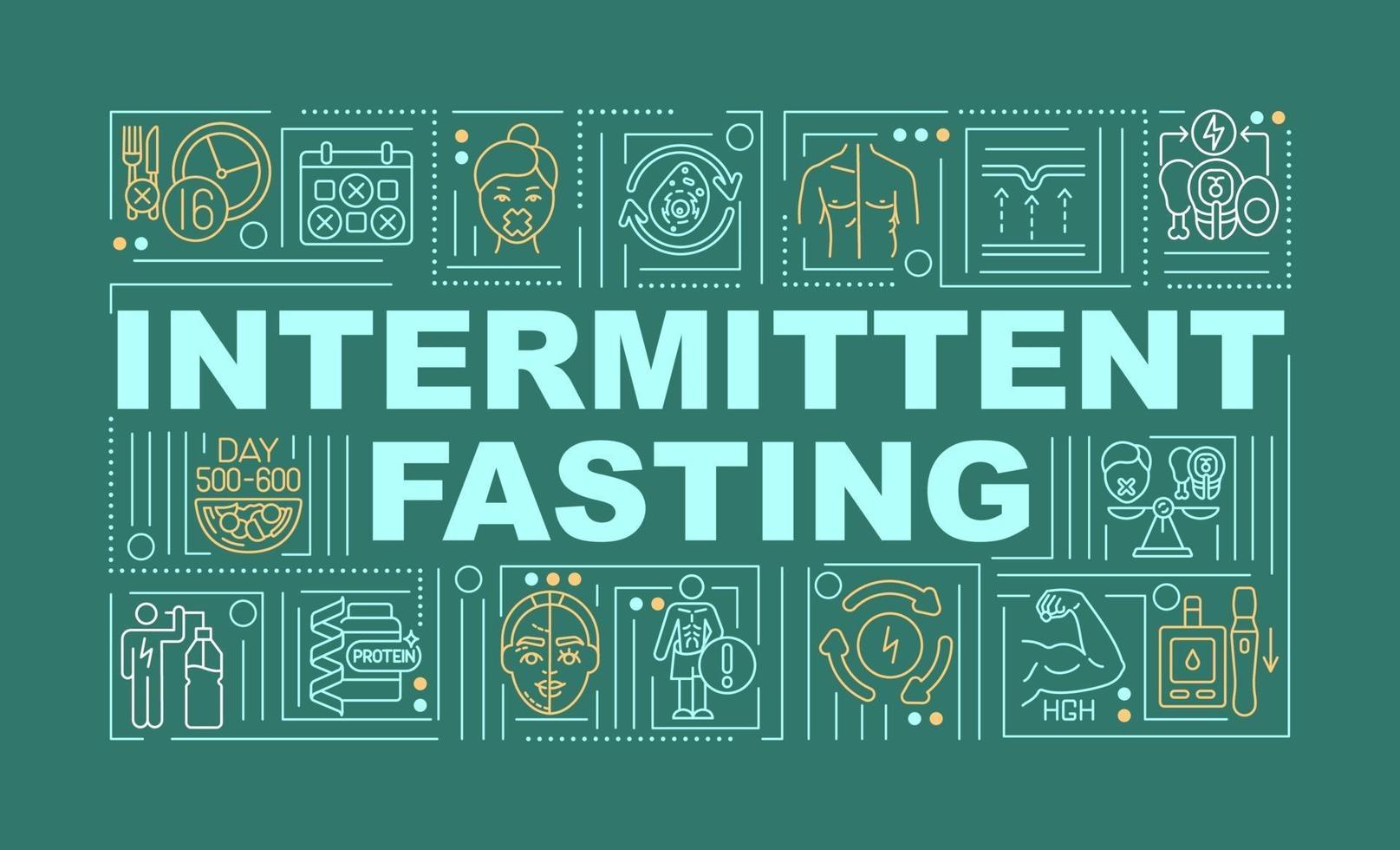
Intermittent fasting is an eating plan that involves alternating between fasting and eating on a specific schedule. Intermittent fasting differs from other weight loss methods in that the question asked is not what you eat, but when you eat.
Neuroscientist Mark P. Mattson, author of The Intermittent Fasting Revolution, has been researching this field for 25 years. He shares that our bodies have evolved to fast for many hours, even for several days or longer.
His study on the 5:2 intermittent fasting method for a group of people in the UK showed that this method promotes the body's shift from using glucose (in the liver) to ketones (from fat). Ketones are good fuel for nerve cells, reducing seizures and significantly improving memory.
Therefore, it can be said that this scientific fasting method is not only applied in the beauty field but also in daily health treatment and nurturing.
Intermittent fasting methods
There are 4 scientific fasting methods as follows:
1. 16:8 method (Leangains)
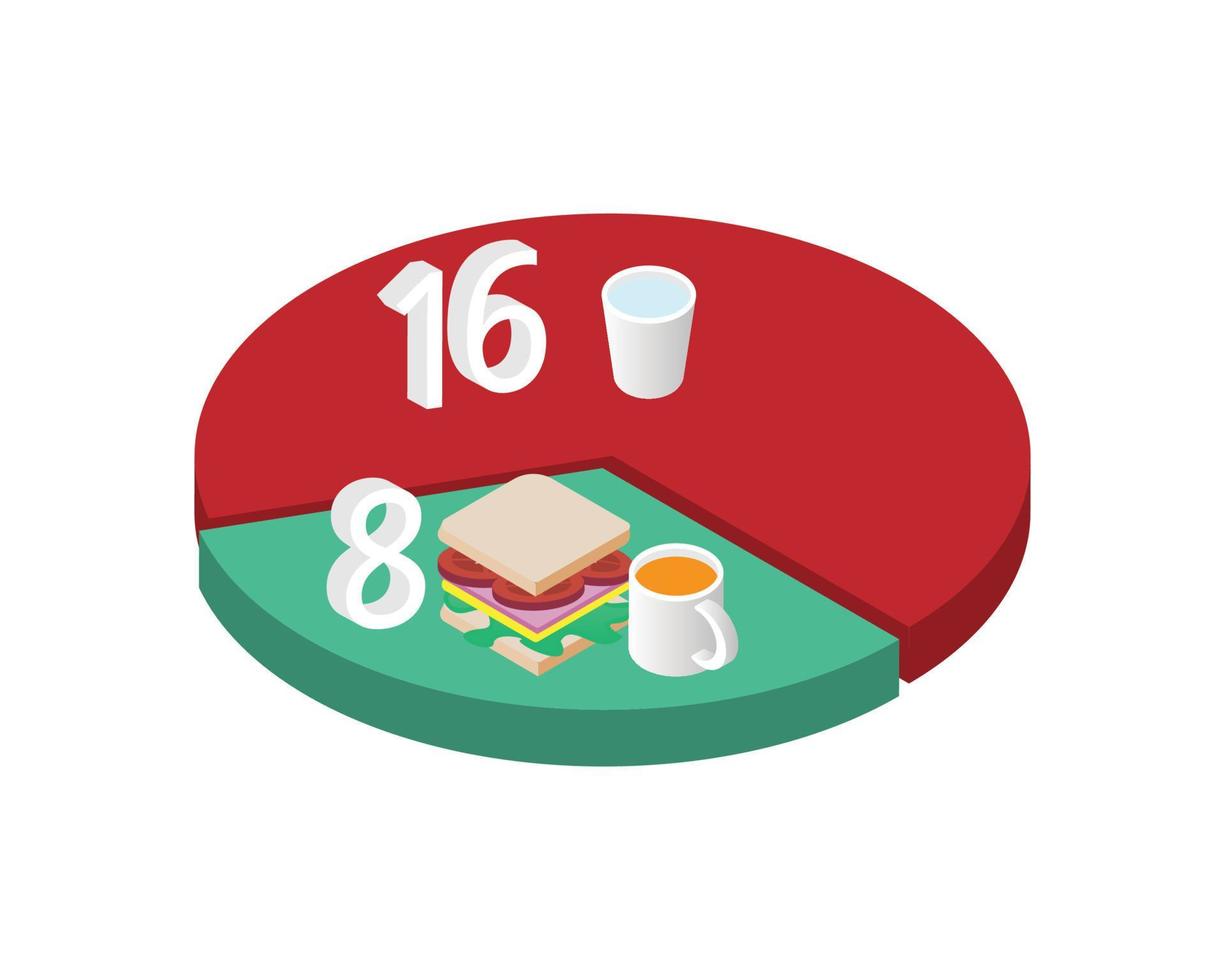
The 16:8 method was originally developed for weightlifting enthusiasts and then became popular and widely used.
Specifically, in one day, you only eat within an 8-hour window, not eating anything for the remaining 16 hours. You can choose the 8-hour eating window that is suitable for your own pace of life. The recommended eating windows are:
-
9 AM to 5 PM
-
10 AM to 6 PM
-
12 PM to 8 PM
Limit eating during the evening hours, as the metabolic process will slow down. However, with the busy lifestyle of many people, eating before 7 PM is difficult to implement. If so, it is best to avoid eating within 2-3 hours before bedtime.
2. 5:2 method (Alternate day fasting)
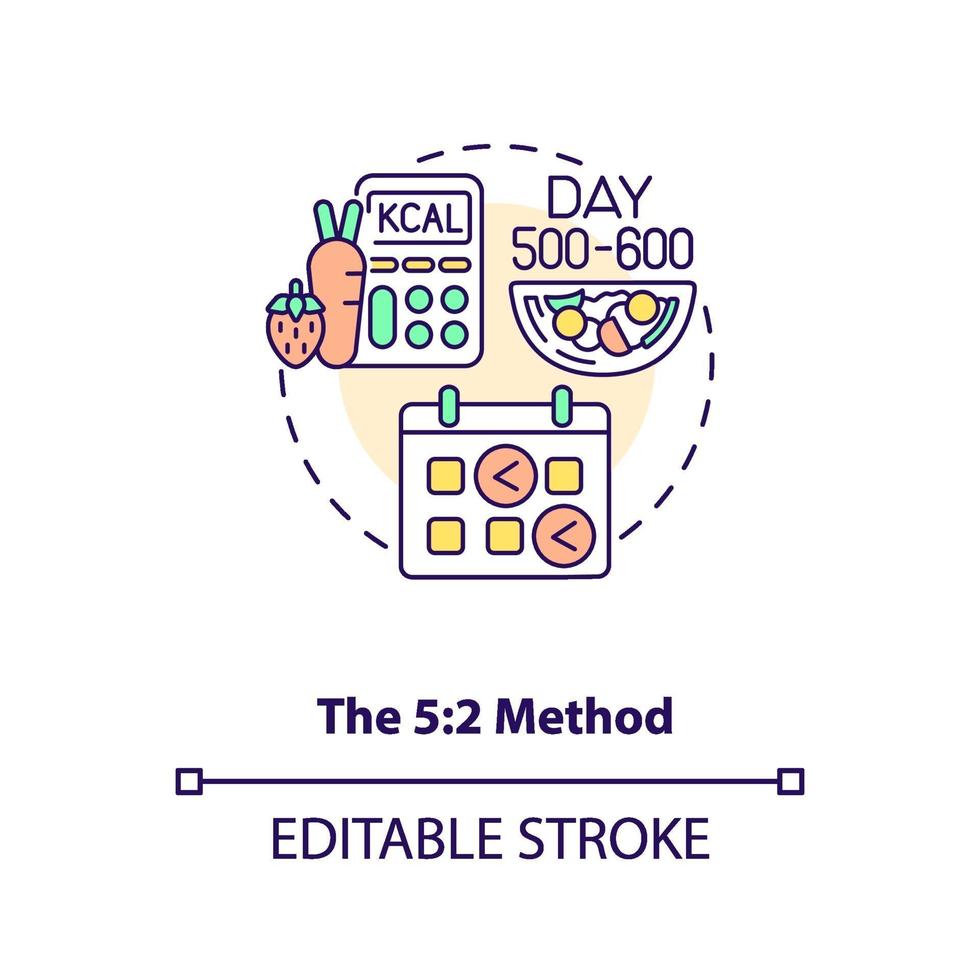
The 5:2 method divides the eating time by week. That is, in one week, there will be 5 normal eating days and 2 fasting days.
For example, in 5 normal days, your food intake will be 2000 calories, so in 2 fasting days, you only eat about 500 calories (reducing calorie intake to ¼ of normal days).
Note that the fasting days need to be arranged alternately, such as fasting on Monday and Thursday, or Wednesday and Saturday. This will avoid continuous hunger pressure on the body.
The attractive part of this diet is flexibility. Fasting every other day makes many people feel less "difficult" to fast. And this method is also suitable for the majority of people.
However, the 5 normal days still need to be ensured with a healthy diet. It will not be effective if you eat a lot of processed foods/additives for 5 days and then fast for the remaining 2 days. Maintain a healthy diet throughout the week. Soumaki can help you build a nutritious menu for the whole week if you need it.
3. 23:1 Method (Eat Stop Eat)
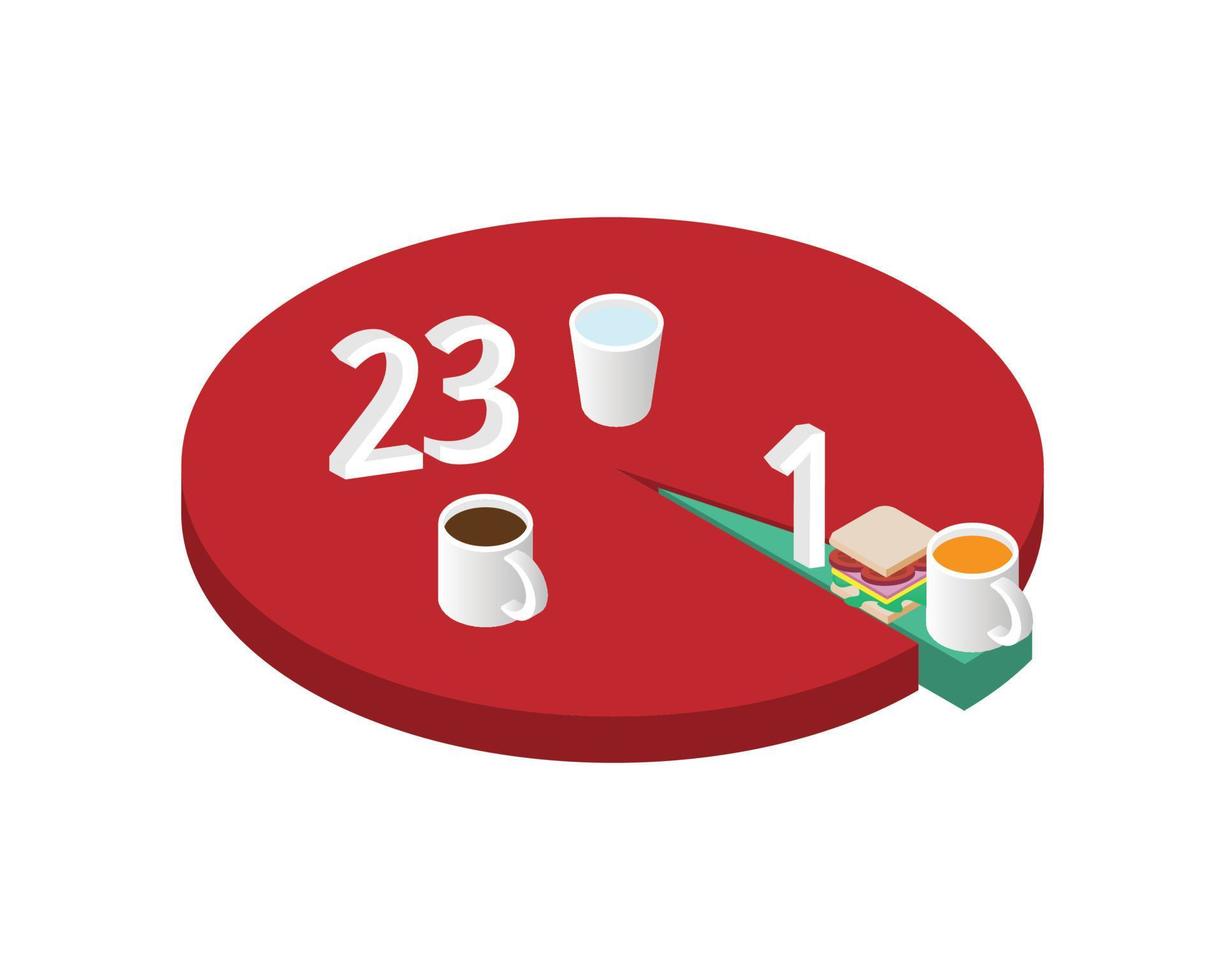
The 23:1 diet is similar to the 5:2 method mentioned above. People can eat normally for five days a week, but instead of eating less on the other two days, they fast completely.
Eating for five days and fasting for two days is a rather "heavy" weight loss method that requires a strong will. The two days of fasting should also be spaced apart, and people should not fast continuously to ensure their health.
Many people who do not eat anything for 24 hours may become very hungry. Eat Stop Eat may not be suitable for people who are not used to fasting. Therefore, it is necessary to consult a doctor or a nutrition expert before starting a diet plan like this.
Some suggested drinks during the fasting period include:
Read more: How many calories to eat a day to lose weight effectively?
4. 20:4 Method (Warrior Diet)
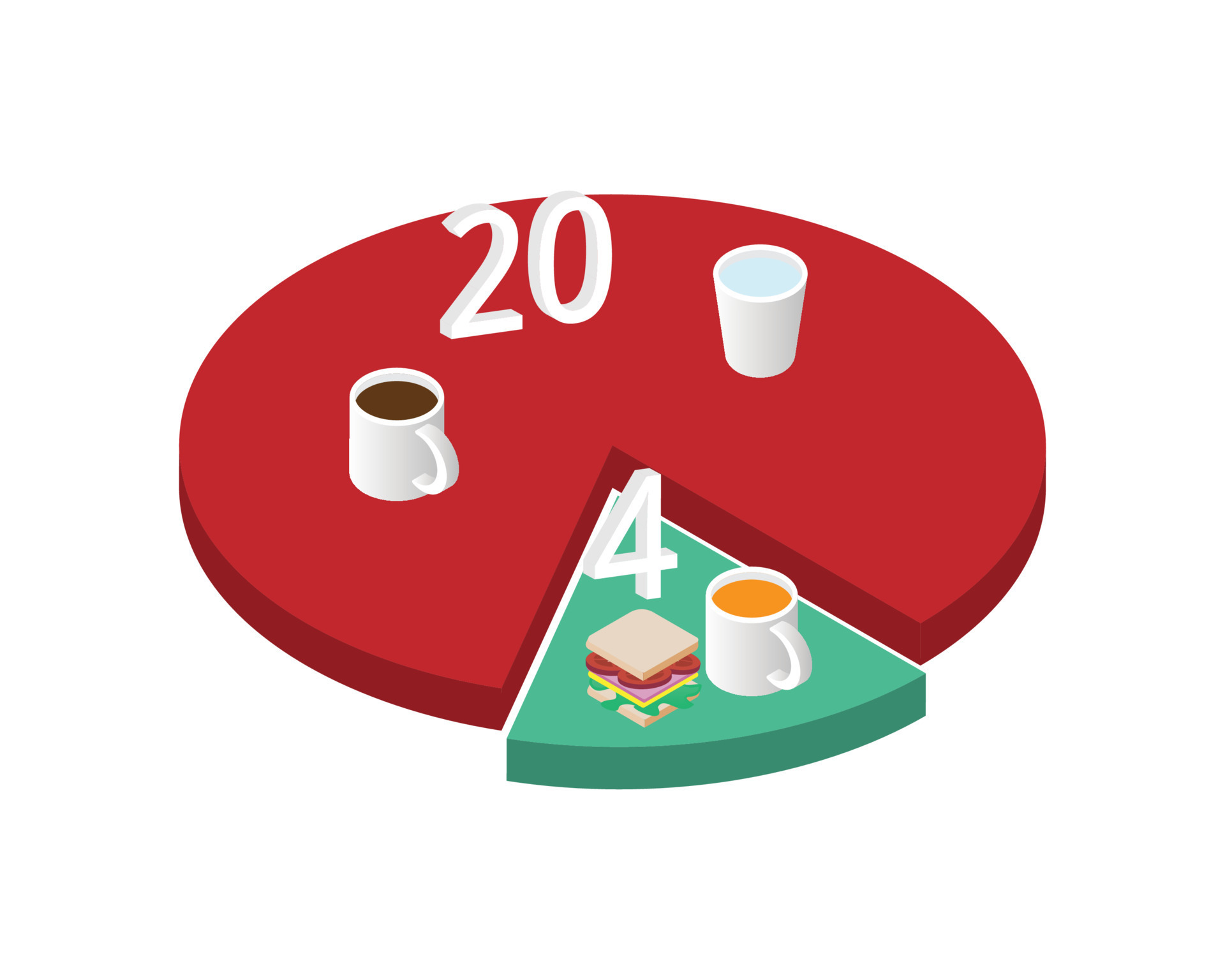
This method instructs people to eat as follows: fast for 20 hours a day and eat during the remaining 4 hours (in the evening). During the 20 hours of fasting, people can still eat some fruits, vegetables, protein or some light meals (soup, snacks...).
Eating during the 4-hour window in the evening is claimed to help build muscle, lose weight quickly, and sleep deeply. However, there is no scientific evidence or research that actually confirms this.
In addition, cramming all the food intake of the day into a 4-hour period can make our stomachs uncomfortable. This method also makes it difficult to calculate the amount of macronutrient intake.
It seems to be only suitable for people who want to eat one meal a day. If you want to try the 20:4 method, it is best to consult an expert before trying it.
Positive and negative effects of fasting
Many people praise this as a good way to control weight and prevent diseases - that is the positive side. What about the negative side? The answer is here:
1. Positive

Weight loss: When fasting is intentional, you have limited the number of calories you take into your body. Therefore, your body will gradually lose weight.
Cardiovascular health improvement: Intermittent fasting reduces blood sugar by 3-6%, and fasting insulin decreases by 20-31%. This supports the fight against diabetes and cardiovascular disease.
Enhancement of memory and anxiety prevention: Animal studies have shown that this method increases hormone activity in the brain, reducing the risk of nervous disorders (Alzheimer's, Parkinson's, and stroke).
Prevention of seizures: A few experiments with patients who are not responsive to anti-seizure drugs show that intermittent fasting helps reduce shock during treatment.
Gene modification: Fasting can affect certain genes, helping to increase lifespan and enhance disease resistance.
Reality: Most studies of intermittent fasting have been conducted on animals, so more research on humans is needed before accurate conclusions are drawn.
2. Negative
.jpg)
Along with the positive effects are the side effects of intermittent fasting, specifically:
The body feels weak and tired during the initial fasting period. Even the brain may not function as well as before (forgetfulness, poor concentration...). These symptoms may be temporary as the body needs time to adapt to the new eating schedule. However, if your health is not good, you should consult a doctor or expert.
Especially, those who should not practice fasting methods include:
-
Children under 18 years old
-
People who are underweight or have a history of eating disorders
-
Those with digestive problems, digestion disorders
-
People with weak health, suffering from chronic diseases
-
Pregnant or breastfeeding women
-
Patients with diabetes, high blood sugar, low blood pressure...
Furthermore, the National Eating Disorders Association (NEDA) has stated that calorie restriction and fasting are risk factors for eating disorders.
The National Institute on Aging (NIA) also stated that there is still not enough conclusive evidence to apply this method to treatment, especially for older adults. It is best to always consult with an expert or doctor before attempting.
Answering some questions about intermittent fasting

Here are some questions and answers regarding intermittent fasting:
1. Is intermittent fasting safe for health?
If done correctly for a short period of time, with appropriate alternating between fasting methods, it can still ensure nutrition and health safety.
2. Is intermittent fasting effective for weight loss?
Yes, intermittent fasting can help with rapid and effective weight loss.
3. Does intermittent fasting cause muscle loss?
All weight loss methods can cause muscle loss, so exercising and maintaining adequate protein intake are important. A 2011 study showed that intermittent fasting caused less muscle loss than regular calorie restriction.
4. Is skipping breakfast harmful to health?
It will not harm the health of those with a healthy lifestyle. And it will be harmful to those with a contrary lifestyle. For example:
For a person who regularly exercises, eats a balanced diet, and maintains a stable mood, skipping breakfast or intermittent fasting during certain periods of the day is not an issue. However, for someone with an irregular biological clock, little physical activity, and frequent skipping of meals, skipping breakfast may not be beneficial.
5. Will fasting slow down my metabolism?
There are two cases:
-
Fasting for a short period of time: promotes and enhances the body's metabolic process
-
Fasting for an extended period of time: inhibits the metabolic process (that is why many people who eat less or skip meals do not lose weight, but gain weight instead)
Conclusion
Everything about intermittent fasting has been shared in this article. The choice of fasting method is up to you, but please consider your health status and personal needs to avoid affecting your health.